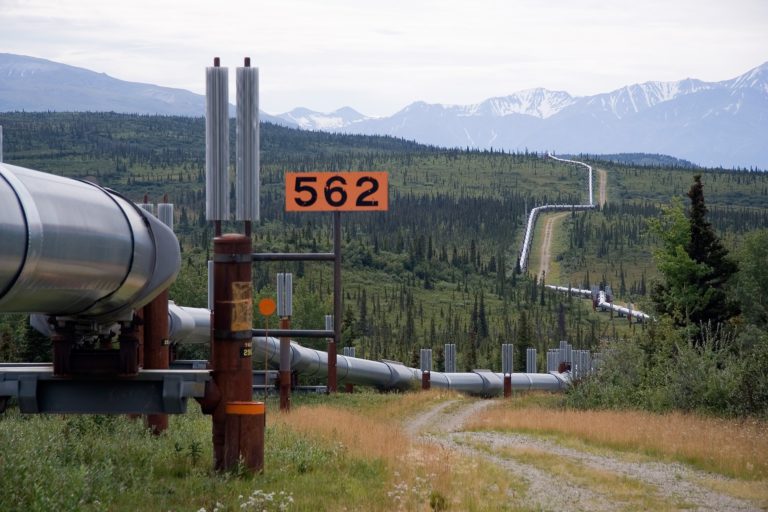Waterkeeper Alliance President Robert F. Kennedy, Jr. Responds to Keystone Spill
By: Waterkeeper Alliance

Yesterday, TransCanada’s Keystone 1 pipeline spilled at least 210,000 gallons of tar sands oil in South Dakota, just days before the Nebraska Public Service Commission is set to decide whether to issue a key permit for Keystone XL – a proposed expansion of the same pipeline system. Initial reports suggest the spill has not impacted surface water, but more investigation needs to done to confirm if impacts to groundwater are present.
The spill is near the Sisseton Wahpeton Oyate Reservation and less than 300 miles from the Standing Rock Sioux Reservation, serving as a stark reminder of the protests of the Dakota Access Pipeline at Standing Rock which were intensifying at this time last year.
“Pipelines like Keystone XL and the Dakota Access do not benefit the American people. They benefit a few billionaire oil tycoons who make their riches by impoverishing the American people and stripping them of their precious natural resources,” said Robert F. Kennedy, Jr., president of Waterkeeper Alliance. “TransCanada has proven it is unable to keep the drinking water of millions safe—they cannot be allowed to continue their exploitation of America’s heartland.”
“How much more proof do we need that fossil fuel pipelines will always leak, spill and explode?” asked Daniel E. Estrin, Advocacy Director for Waterkeeper Alliance. “Early reporting on yesterday’s spill is sketchy, but it’s sheer luck if no waterways were impacted as the existing Keystone pipeline crosses over one thousand streams and rivers. A spill of over 200,000 gallons of toxic crude or tar sands oil would devastate a drinking water supply or sensitive ecosystem – perhaps permanently. Even new pipelines leak—it’s high time that our nation stops risking public safety and its precious natural resources to enrich Big Oil by approving these dangerous projects. We must transition to a clean, safe, and sustainable energy future.”
Feature Image by Luca Galuzzi